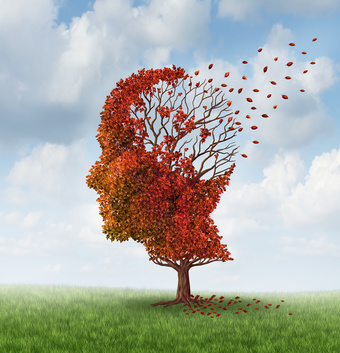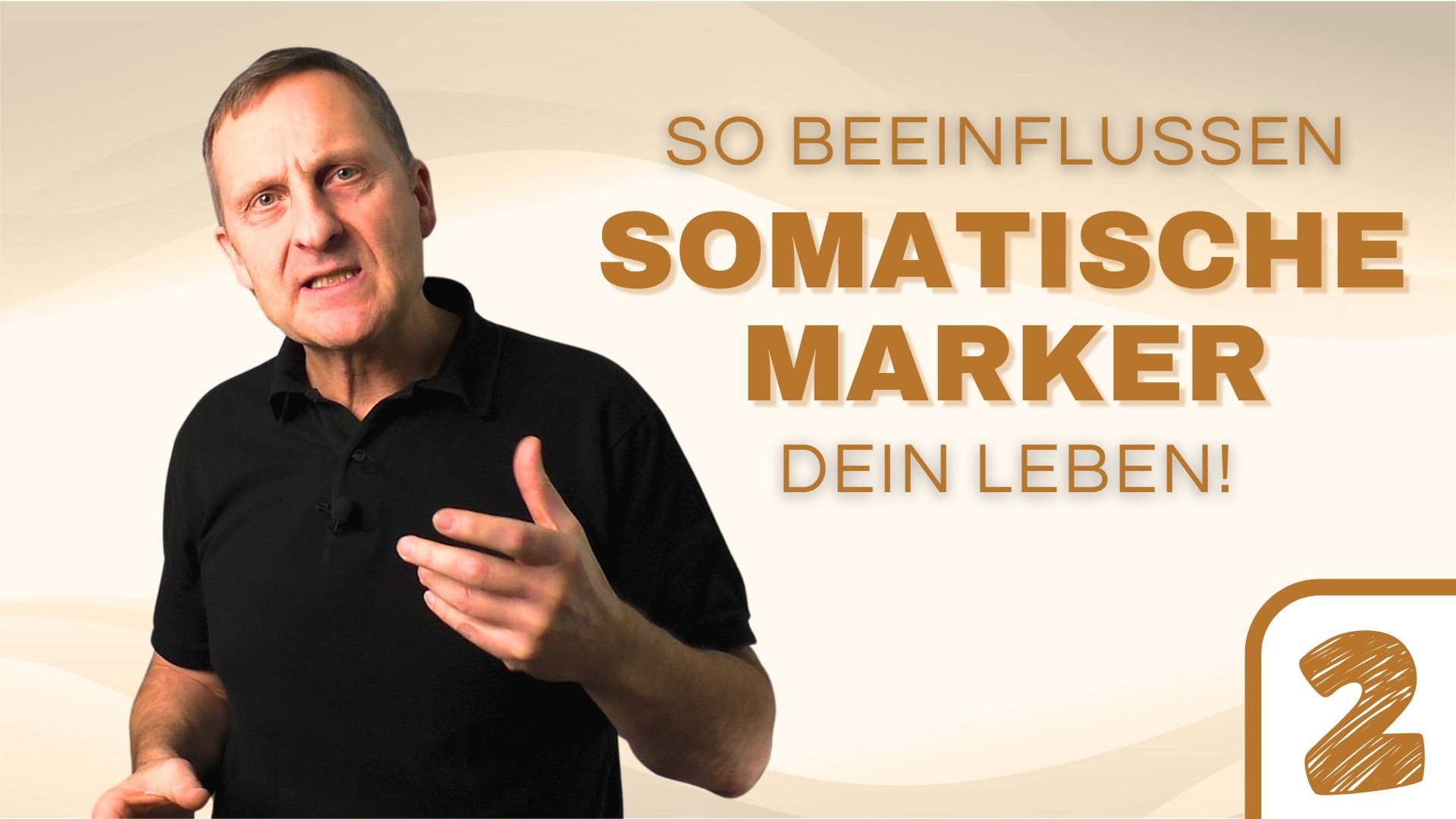Causes of dental anxiety
For many people, a visit to the dentist gives them goose bumps. Just the thought of the typical smell and the dental chair, makes many patients fear the dentist, not to mention the sound of the drill.
 The signs of dental anxiety range from sweating, dizziness, trembling and nausea to palpitations. Dental anxiety is a learned fear. Accordingly, the trigger for dental phobia lies in the personal experiences that each individual has had in the dental chair over the years. Those who look back on unpleasant memories in their childhood, for example, are very likely to feel a certain fear of the dentist later on as well. It is not uncommon for dental treatment to be mentally linked with feelings of pain. This uncertainty alone leads to dental anxiety in the form of anticipatory anxiety. Some suffer from dental phobia, especially as a child, because they have to put themselves in the hands of strangers. For others, however, dental fear is already triggered by negative reports from other people.
The signs of dental anxiety range from sweating, dizziness, trembling and nausea to palpitations. Dental anxiety is a learned fear. Accordingly, the trigger for dental phobia lies in the personal experiences that each individual has had in the dental chair over the years. Those who look back on unpleasant memories in their childhood, for example, are very likely to feel a certain fear of the dentist later on as well. It is not uncommon for dental treatment to be mentally linked with feelings of pain. This uncertainty alone leads to dental anxiety in the form of anticipatory anxiety. Some suffer from dental phobia, especially as a child, because they have to put themselves in the hands of strangers. For others, however, dental fear is already triggered by negative reports from other people.
Fear of syringes and screeching drill
However, fear of the dentist is not in itself a negative thing. In principle, fears such as the fear of dental treatment should make us aware of threats and warn us of possible risks. Because only those who know the danger can also manage it.
Dental fear stands for all physiological and psychological manifestations of a more or less strong, but in most cases not pathological feeling, which occurs in the event of an actual or perceived threat in connection with dental treatment. Dental phobia can be emotionally stressful and negatively affect one’s well-being.
All those who suffer from dental anxiety are not alone. Thus, those affected are in good company with their dental phobia and dental fear: According to studies, about 20% of all people are afraid of dental treatment. In this context, dental phobia very often leads to a significant impairment of the quality of life, especially since the lack of treatment can lead to unpleasant consequences in the form of inflammation, pain or gaps between teeth.
In most cases, it is a common dental fear, which, unlike a pathological dental phobia, occurs only temporarily and disappears after treatment. In the case of a normal fear, the dental fear is well-founded (although always subjective) and appropriate with regard to the situation. In this case, the affected persons know very little about the origin of the dental fear or the reasons for its disappearance.
So far so good. Most people who suffer from dental anxiety are aware of the above information. Now how is it possible to get rid of the fear of dental treatment?
EMDR represents an effective method. Learn more at Overcoming Anxiety in EMDR Self-Coaching with EMDR Goggles REMSTIM 3000.
How we can manage our fear

Overcoming fear in EMDR self-coaching with the EMDR goggles REMSTIM 3000
How we can unlearn our fears in self-coaching with EMDR and the EMDR glasses Remstim 3000. Fear reactions sometimes make themselves felt as quiet sensations, but more often than not,

Overcoming fear in EMDR self-coaching with the EMDR goggles REMSTIM 3000
How we can unlearn our fears in self-coaching with EMDR and the EMDR glasses Remstim 3000. Fear reactions sometimes make themselves felt as quiet sensations, but more often than not,







